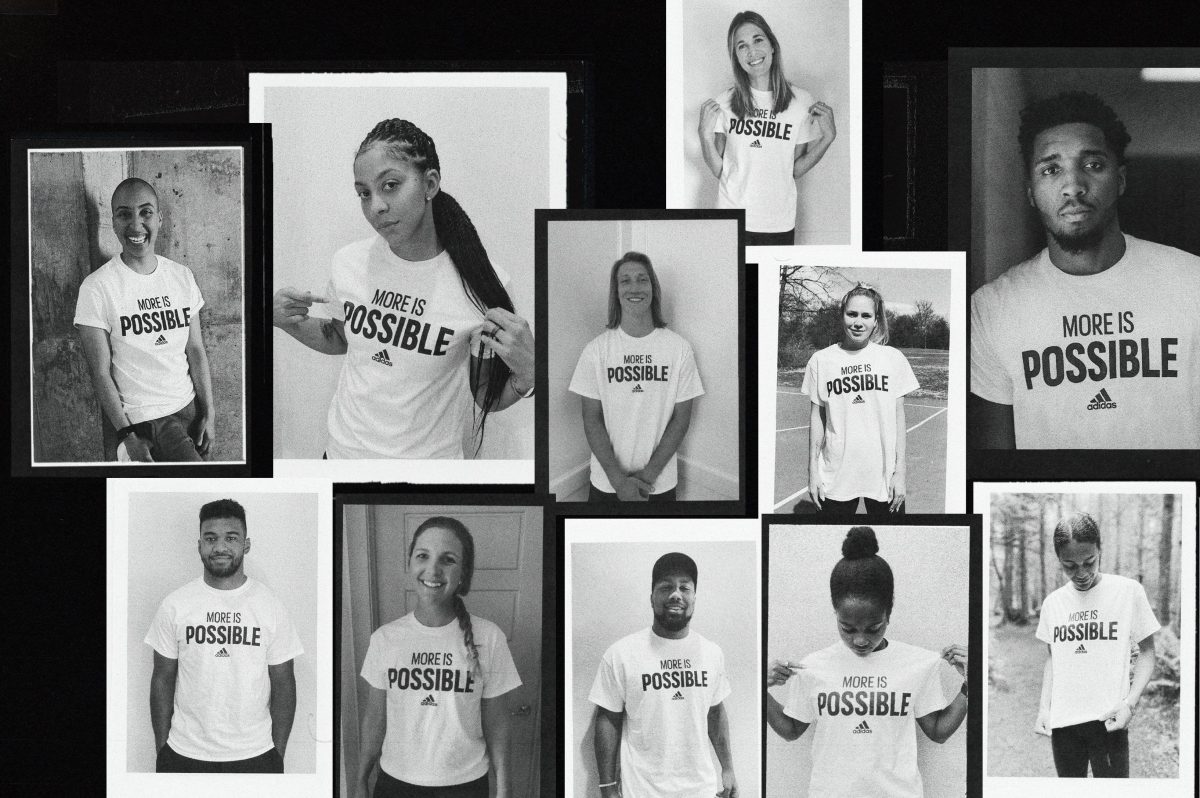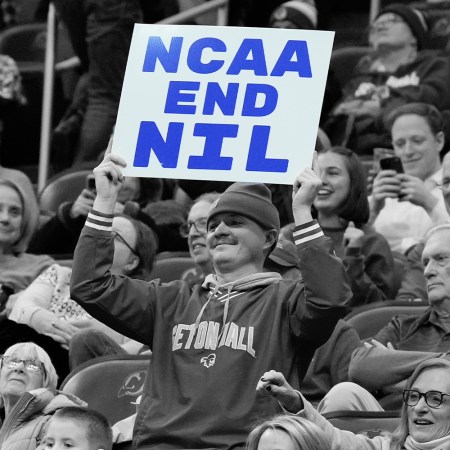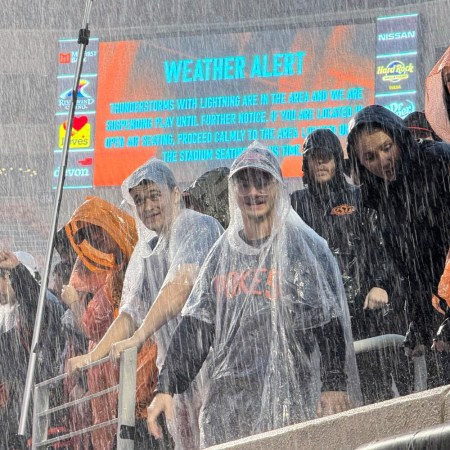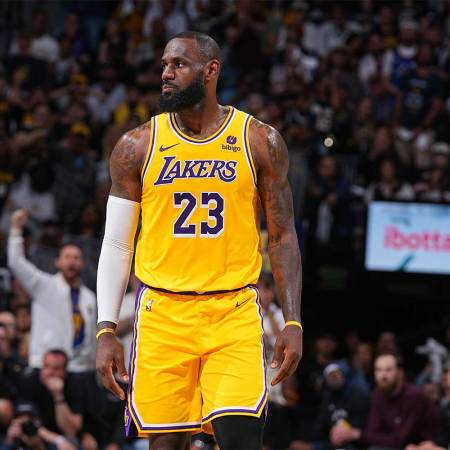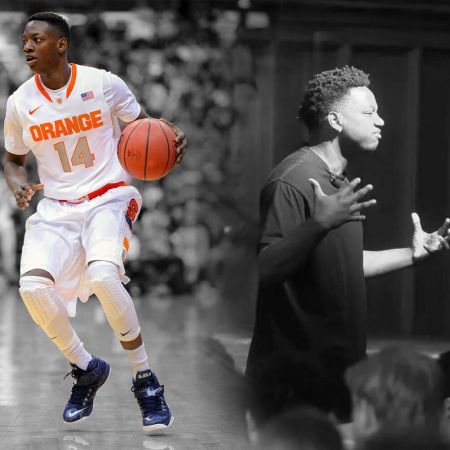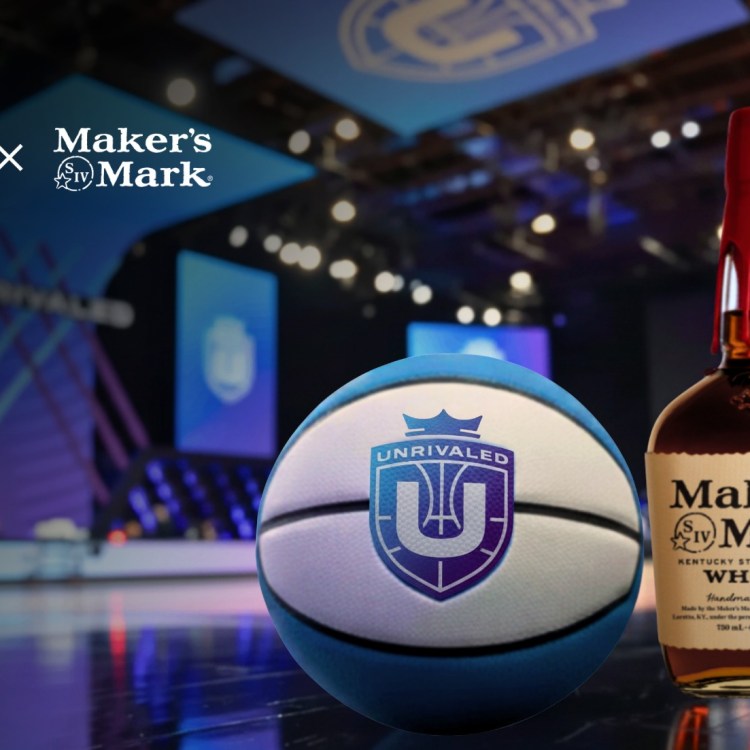On Wednesday, Adidas announced a name, image and likeness (NIL) network that will be accessible to every NCAA student-athlete at a Division I university and college that the sporting apparel company has partnered with.
Though no financial figures were released, eligible athletes will have the opportunity to earn a percentage of the sales they drive at Adidas.com and on the Adidas app as well as be paid per social media post that is tied to the brand.
“With the ability to reach over 50,000 student-athletes across 23 sports and 109 Division NCAA schools, the new NIL program will give eligible student-athletes of all genders the opportunity, directly with Adidas, to become paid affiliate brand ambassadors,” per Adidas. “Launching in four phases over the next 12 months, the network will begin with Historically Black Colleges and Universities (HBCUs) and Power-5 conference partners in Fall 2022, scaling across all schools by April 2023.”
At first glance, the “wide-sweeping, equitable and inclusive” network, which is tied to this year’s 50th anniversary of Title IX, seems like a great program that will give student-athletes a guaranteed chance to make some money during what could be limited time in the spotlight.
But there are many nuances to NIL rights and freedoms that many people probably don’t realize. And, of course, there’s always the issue that giving student-athletes NIL licensing as their only option to profit off their fame is also very restrictive and still isn’t an equitable tradeoff for the amount of value and money they bring to their colleges and universities.
That’s an issue we raised with Merl Code, a former Clemson point guard and Nike and Adidas shoe rep who is serving time in federal prison for his role in a college basketball bribery scheme that was revealed in 2017 following an FBI investigation. Code, the author of Black Market: An Insider’s Journey into the High-Stakes World of College Basketball, understandably has strong thoughts on NIL licensing and the restrictions it imposes.
“NIL is great for public perception, but it’s a band-aid on a bullet wound,” Cole told InsideHook last month. “Until these young men and young women are able to capitalize on the entirety of the business, it’ll be an enslaved situation. They’ll be indentured servants to the system that continues to exploit them for their abilities. I’m not saying every kid should be making $85 million a year, but I am saying these young men and young women who generate gobs of money for these programs need a share of the profits. Until then, it won’t be a fair system. There are all of these little nuances and all this little bullshit and it prevents these kids from really making money. It’s great for public perception, but they’re still capping them in terms of what they can and cannot do. If we live in a real capitalist society, then they should be able to go earn and do whatever they think is going to be beneficial to them while they’re playing their sport. As long as it doesn’t affect them showing up at games and at practice and getting an education, why are you capping their dollars? Do I have the perfect answer? No, I don’t, but I do know that it’s not fair the way it currently exists.”
Of course, it’s always possible the Adidas NIL network ends up being a positive and a moneymaker for student-athletes. But it’s worth noting that’s far from a guarantee, let alone a fair one.
The Charge will help you move better, think clearer and stay in the game longer. Subscribe to our wellness newsletter today.
